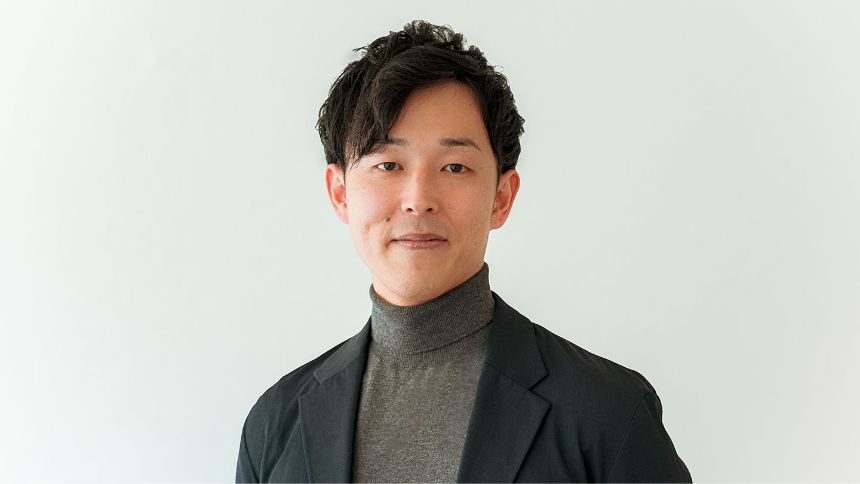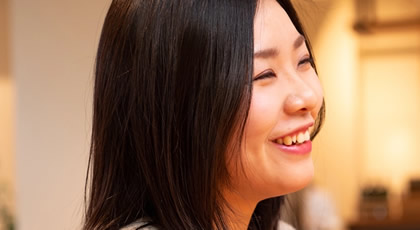
A World of Expanding Possibilities Through Realizing the Ideals of “Wants” and “Musts”
Since joining the company in November 2022, Shuhei Hagimori has been at the forefront of TYPICA’s development in the US market by overseeing the launch of our New York Office. In addition to these duties, he’s also launching a product team that will boost the relationship between coffee producers and roasters to the next level.
After graduating high school, Hagimori chose the unknown over familiarity, and departed the rural city where he’d grown up to attend Ritsumeikan University in Kyoto. He further exposed himself to an even larger view of the world by taking a year-long working holiday as well as residing in a share house where he lived communally with many foreign travelers.
After graduating in 2017 with aspirations of “expanding the possibilities of people and things” Hagimori began working for Bizreach, a venture company that provides recruitment and career change support. Since that time, a quiet passion to “step up to the challenge of working in a global field” had burned within him. Through taking his new position with TYPICA, Hagimori was able to make this long-time desire a reality.
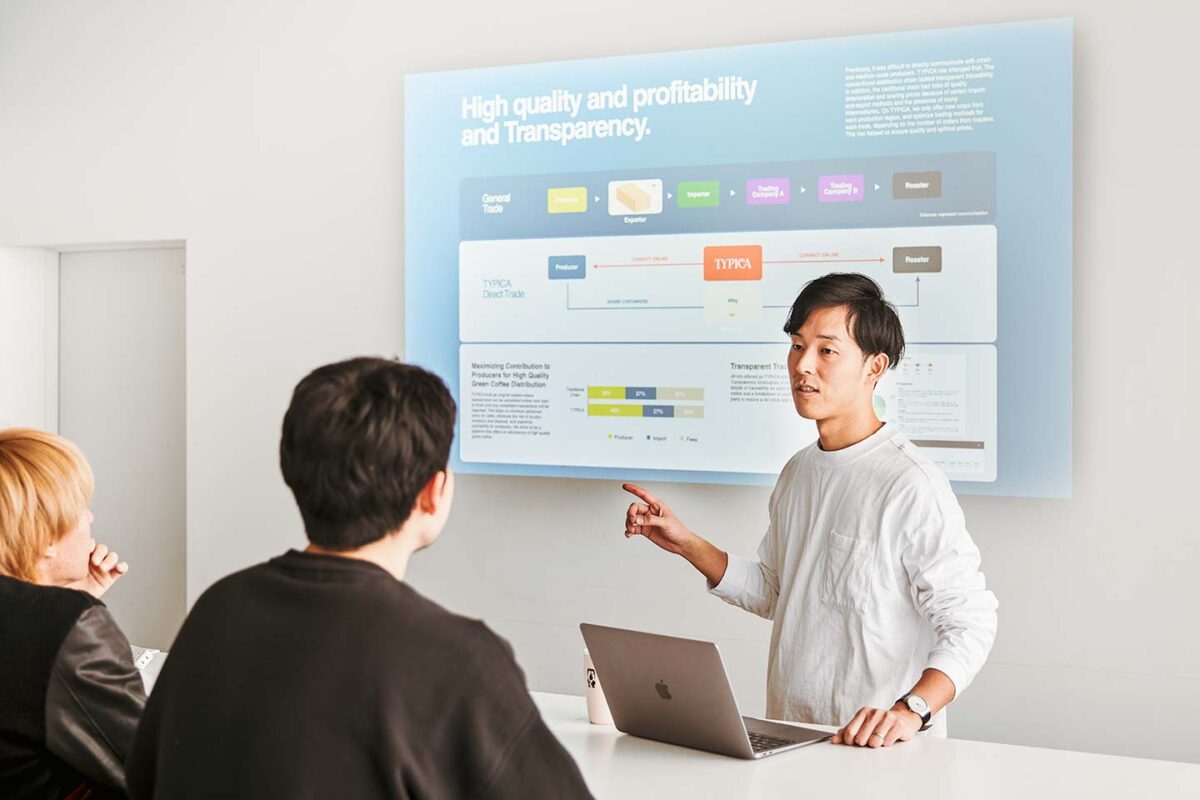
When Realizing a Vision, the “Hows” Don’t Matter
As 2019 came to an end, Hagimori had almost finished his third year of working for Bizreach, and was starting to think about the next step of his career path. He was debating between keeping the promise he’d made to himself in university and going on a trip around the world with his wife to seek inspiration, or looking for an opportunity to become involved with global business activities within his current company.
However, news of a novel virus spreading in Wuhan, China put a damper on Hagimori’s future plans. It wasn’t long before the influence of these events was no longer localized to a specific region, and many of the company’s clients stepped back from hiring. As coming and going from Japan was severely limited in accordance with the state of emergency declared in April 2020, any plans of “making a global step” had to be scrapped.
It was a disappointment to be sure, but not a life-shattering turn of events for Hagimori, who was quite satisfied with his work at Bizreach. After all, he was working for a company whose mission was “creating a society where all people can believe in their own potential.” For someone who had a personal work goal of “expanding the possibilities of people and things,” the two philosophies were perfectly aligned.
But in 2022, his sixth year at Bizreach, Hagimori found himself at a crossroads. Someone very close to him suddenly passed away. Hagimori could not hide his shock at the untimely passing of his mentor, who had still been in the prime of his career.
Hagimori said, “I realized life is too fleeting. When I looked back at myself, I was ashamed that I had been turning my back on taking chances even though they were available to me. It’s true that the pandemic had presented me with an obstacle, but I’d let myself accept it for what it was and remain satisfied with what was right in front of me.”
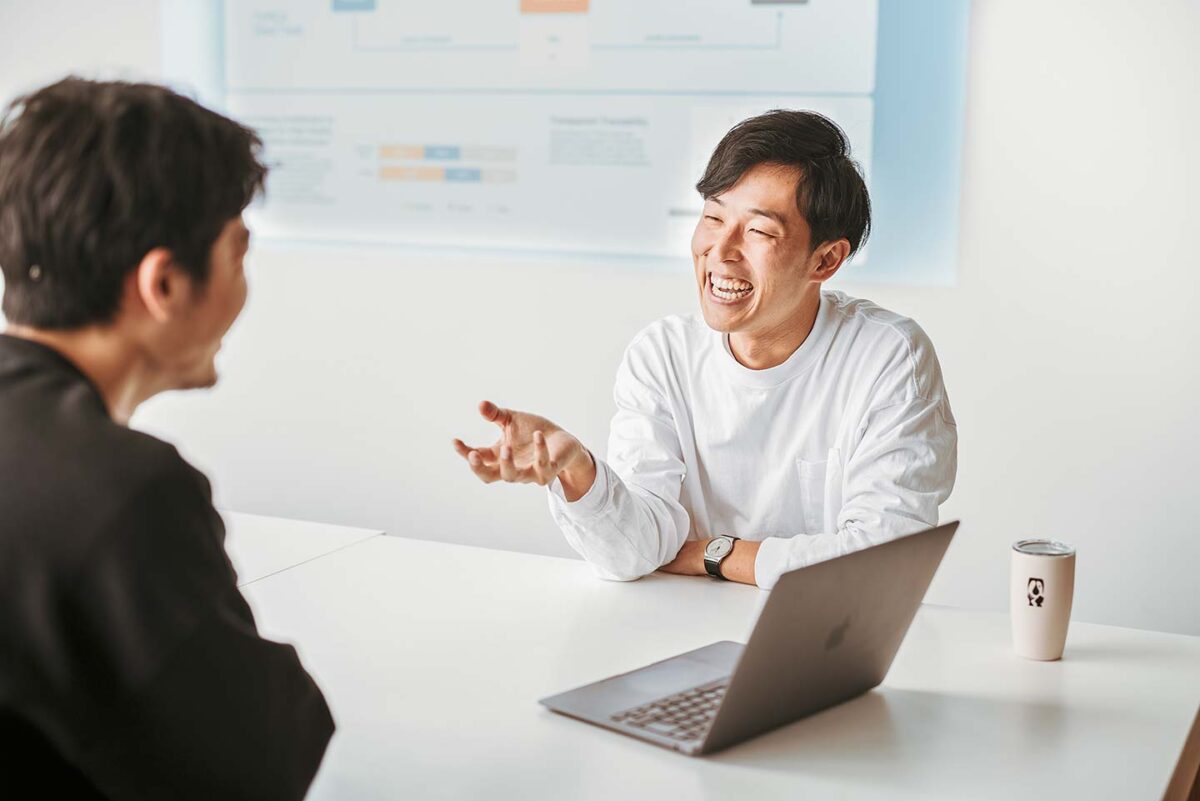
With the fire in his heart relit, Hagimori began to consult with as many people as possible, both inside and outside of his company. From colleagues, to acquaintances, to recruitment agencies – it was as if he was quickly seeking to make up for lost time. With his sights set on Japanese companies that would give him the opportunity to work at a global level, he went through a series of casual chats to full-fledged job interviews. Unfortunately, the overseas activities of all the companies he spoke with weren’t involved enough to capture his interest.
It was during this time that he first learned about TYPICA from an acquaintance. Within two weeks of interviewing with founder Masahi Goto, his mind had been made up. The seriousness with which TYPICA has been viewing the world from the time of the company’s founding soundly resonated with his goal of “expanding the possibilities of people and things.” Working with TYPICA seemed like the perfect fit to make his vision come true.
“Due to the quality of the soil and how coffee is processed, roasted, and extracted, no two are alike. However, the structure of the industry has led to coffee being consumed as just a functional beverage with no consideration being spared for its quality. It makes me sad that the hard work of the producers and the original value of the coffee are failing to be recognized.
TYPICA is trying to fundamentally change these circumstances through their direct trade operations, which give both roasters and consumers an opportunity to see the true value and allure of coffee for themselves. People have mentioned that I took a large detour by moving from the recruitment industry to TYPICA, but to me it’s still in the same vector. After all, when you’re realizing a vision, the ‘hows’ don’t matter.”
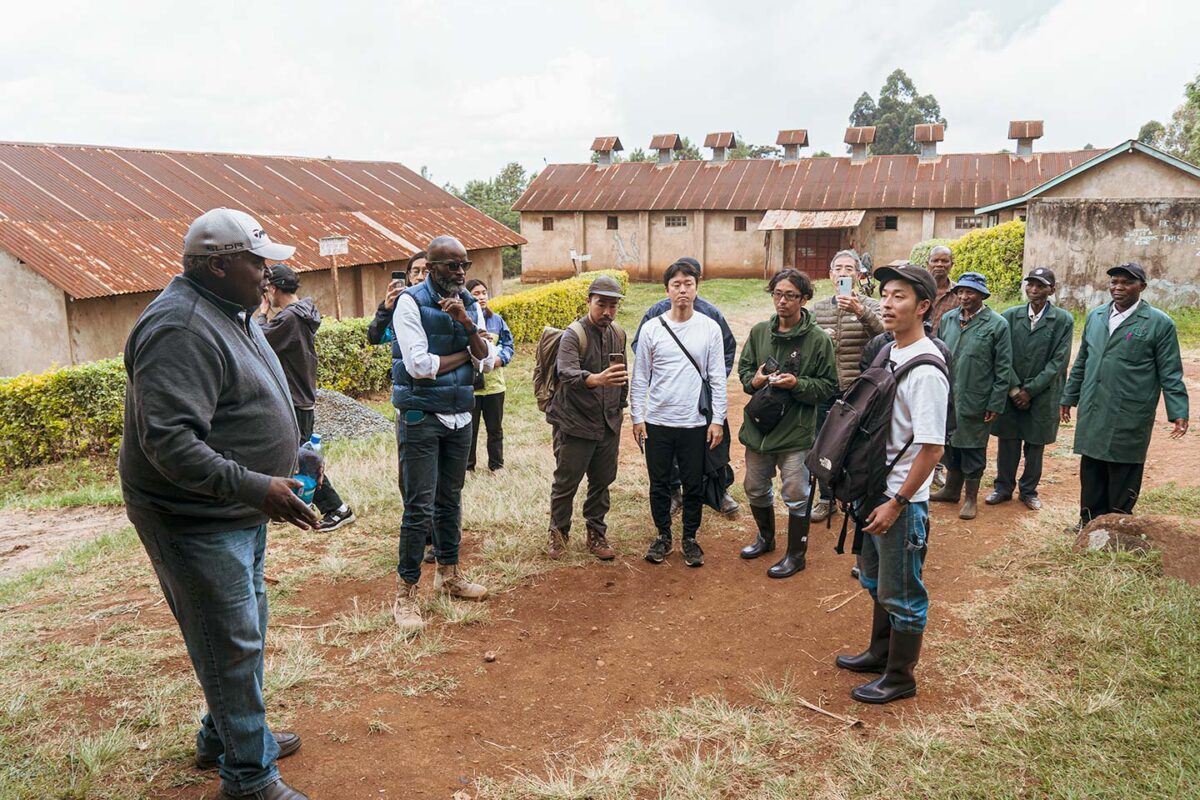
Closing Off My Own World
For Hagimori, who was born in the rural city of Uwajima in Shikoku’s Ehime Prefecture, the world outside of Japan seemed unthinkably far away. But Hagimori had no qualms growing up in this limited environment, in fact, it wasn’t until he went on a high school trip to Hawaii that he realized just how small of a world he’d been living in.
“Even though I’d done well on English tests at school, I was struggling to speak even the most basic phrases when I found myself in a place where English was everywhere I turned. Obviously, the native speaking locals around me had no problems communicating in it, so what had all my English education been up until now? Because of how the world is divided up, I’d been limiting my potential without even knowing it. Once I realized that, I felt this burning desire to dive straight into the thick of things.”
Immediately after entering university, Hagimori took a leave of absence to go on a working holiday to Australia. After returning to Japan, he lived in a share house near his university campus in Kyoto where he resided with a veritable revolving door of foreign travelers. Throughout his two years at the share house, he was able to interact with over 200 people from all around the world.
“One of my biggest takeaways from that experience was even though we may come from different countries and cultures with diverse habits and ways of thinking, in the end we’re all humans who hold beautiful values. During my college years, I was finding ways to successfully adapt to those environments while still letting my own colors shine through.”
As graduation approached, Hagimori was resigning himself to returning to Ehime to take on a civil servant position at the prefectural government office. After all, it was all because of his parents that he’d been able to live such a free lifestyle for those five (including his leave of absence) glorious years. He wanted to thank them by moving back home and working at a stable position that would ensure he could always take care of them. He was sure they’d approve of his decision, so he never imagined his mother would react the way she did when he told her about his future plans.
After a slight pause, she asked, “Is that what you really want to do? After everything you’ve experienced in high school and college, is that truly your only ambition?”
Reflecting on this, Hagimori said, “I’d thought the only way to ‘pay back’ the freedom I’d been granted in college was to return to my hometown, but my mother reminded me there was no need to feel guilty about moving forward. I think she must’ve been struggling with some of the same things that I was. I remember seeing how tired and depressed she would get from work and always wondered if something was going on with her.”
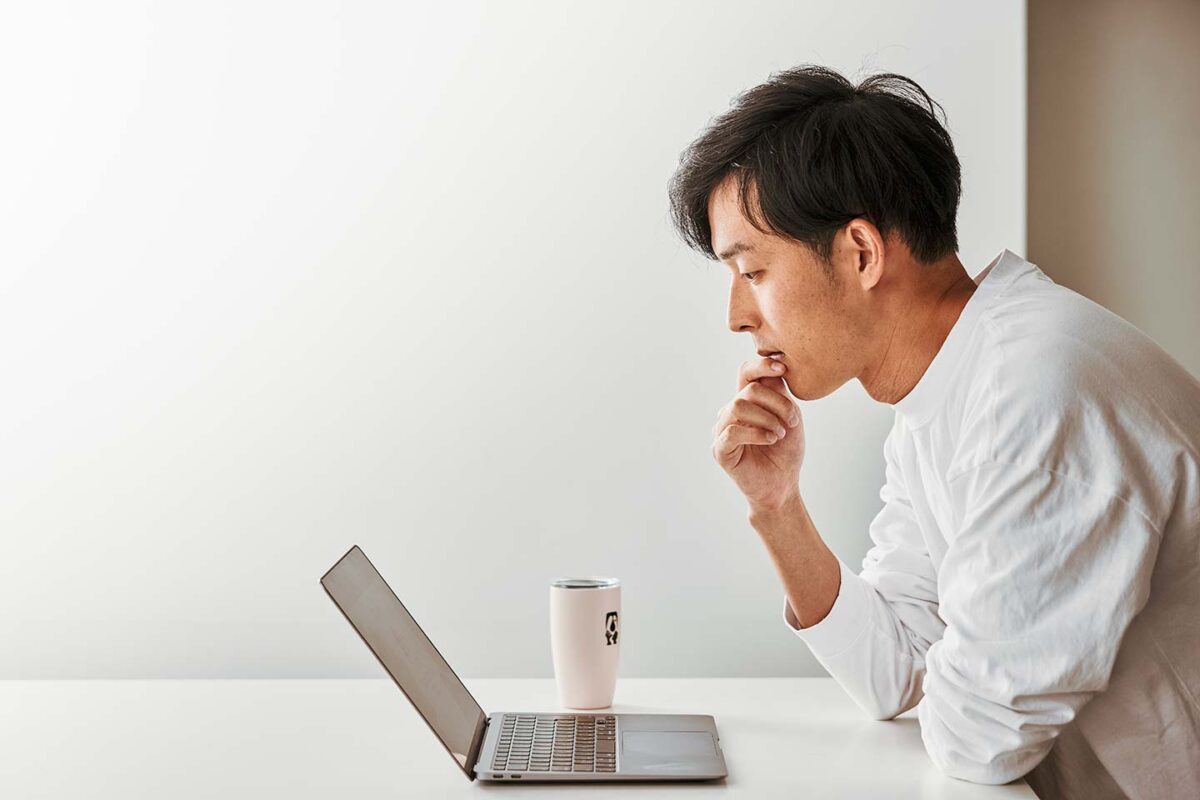
Hagimori was the oldest and only boy out of three children, a fact that his father often reminded him of. Perhaps it was because of this that he took on his assigned role as “the one who brought the family and the siblings together,” but he’s not sure if this sense of duty came from his personality or the environment where he was raised. Regardless, a “common sense” where “Musts” always took precedence over “Wants” had fully been ingrained into his core.
“For example, when my parents told me I could use my phone as much as I liked as long as I got above a certain score on my tests, I complied as best I could. I took it for granted that I would work hard and maintain my grades in order to achieve those goals.”
On the other hand, Hagimori was troubled by conflicted feelings. In addition to his obedience, he also had a bit of a rebellious streak when it came to feeling like his possibilities were being closed off or that his life was being decided for him by someone else.
“I wasn’t a big fan of hanging out with other people because it felt like it suppressed my individuality. I was actually drawn to the kids in class who were alone in the corner. Even if I needed to read the room and adapt to the situation, I never wanted to be put in a position where I was asked to forget who I was.”
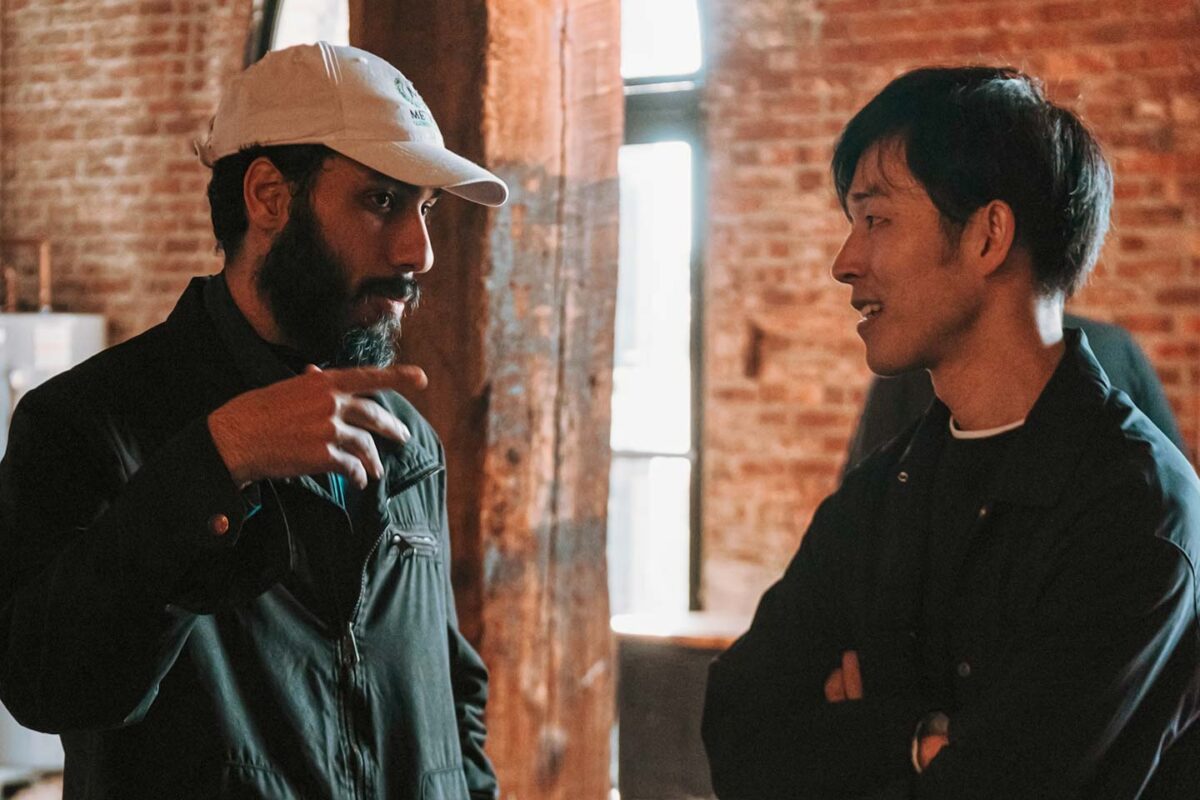
There’s Possibility Within Everyone
Having entered our fourth year of operations, TYPICA currently has 50 employees and around 200 people working for us in total if part-timers and contractors are included. We are welcoming a new era as a company, and Hagimori is one of the key persons who will be guiding the way.
To prepare for the launch of the New York Office in March 2023, Hagimori had been building every aspect of this venture from the ground up. Some of his many tasks included launching test marketing, opening corporate bank accounts, securing warehouses to store green beans, selecting transportation vendors, hiring staff, and creating terms of employment.
But out of all this groundwork, he’d focused most of his time and energy on visiting and getting to know the roasters who could be prospective customers. Staying in the US for about a total of three months over the span of four visits, he repeatedly visited over 100 roasters throughout the region in order to grasp their needs and begin the process of building relationships with them. Of course, he was aware of the “Top 10” prospective roasters that had been a part of his preliminary research, but as he had no information on why these specific roasters were included in this list or what made them different from the others, he conducted each roaster visit with an open mind.
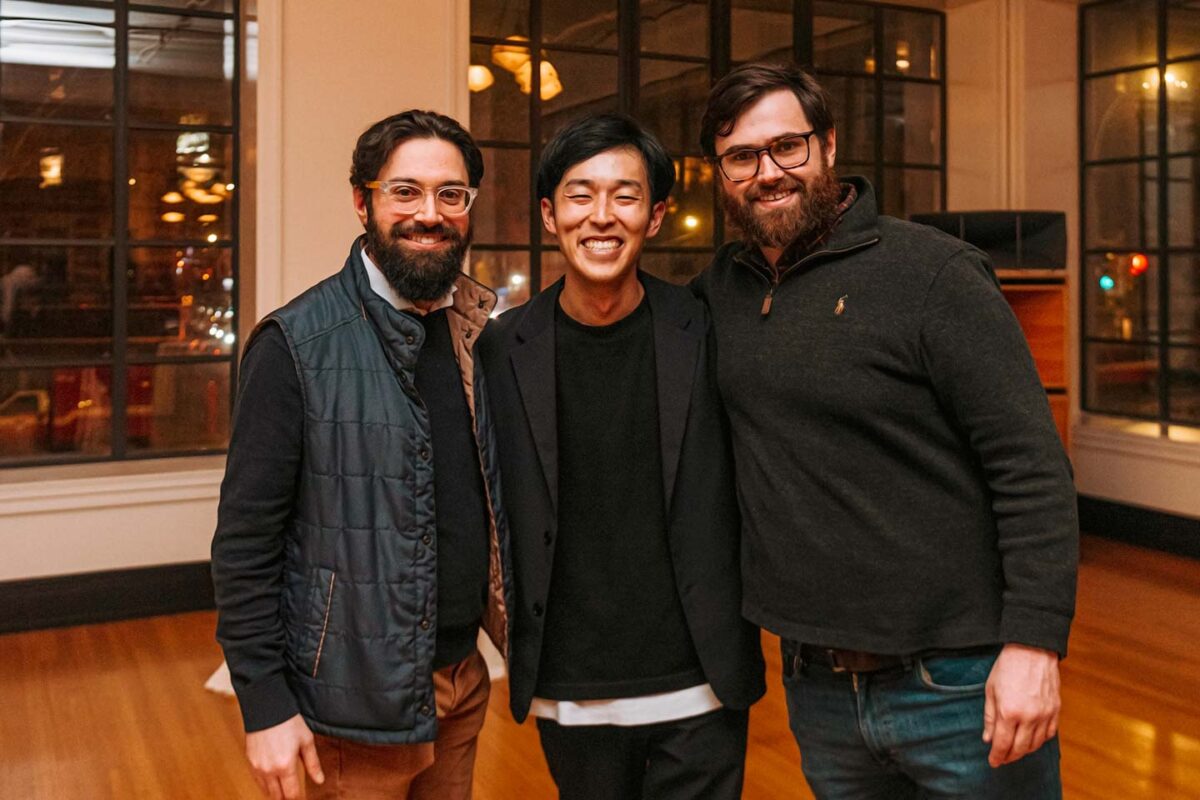
Still, Hagimori is not a native English speaker and while he understood about 70 to 80% of what the roasters were saying, he was unable to fully express himself and convey the main issues at hand. What’s more, as this was his first time working in the coffee industry, he couldn’t speak much about the topic in depth. Although it was frustrating to be faced with both language and knowledge barriers, Hagimori strove to do the best he could in these less than favorable circumstances.
“For a company that is starting from scratch in a new market, I feel like we’ve been surprisingly well received. TYPICA is only in its fourth year, but there are around 10,000 producers and roasters from 71 different countries and regions that are using our platform. The results speak for themselves. I think the roasters felt an affinity for our new business model which allows them to buy high quality green beans that meet their unique preferences and values starting from only one burlap sack at a time. They also seem to like our approach to direct trade and our initiatives to improve the coffee community as a whole.”
But still, this is New York. It’s a city where the rich get richer and the poor get poorer. In a world where capitalism is king, one can’t expect to survive on romantic ideals alone. Hagimori felt that realistically there would be quite a few hurdles to overcome before small-scale roasters would feel comfortable purchasing the hiqh quality/high price point green beans that TYPICA offers.
“It’s because of this that I’d like to help them rethink their purchasing behaviors and give them a chance to take a new step forward. Providing small-scale roasters with a system that allows them to participate in direct trade and combine their business goals with their passion is one of the realities that TYPICA’s vision of ‘democratizing direct trade’ is seeking to achieve.”
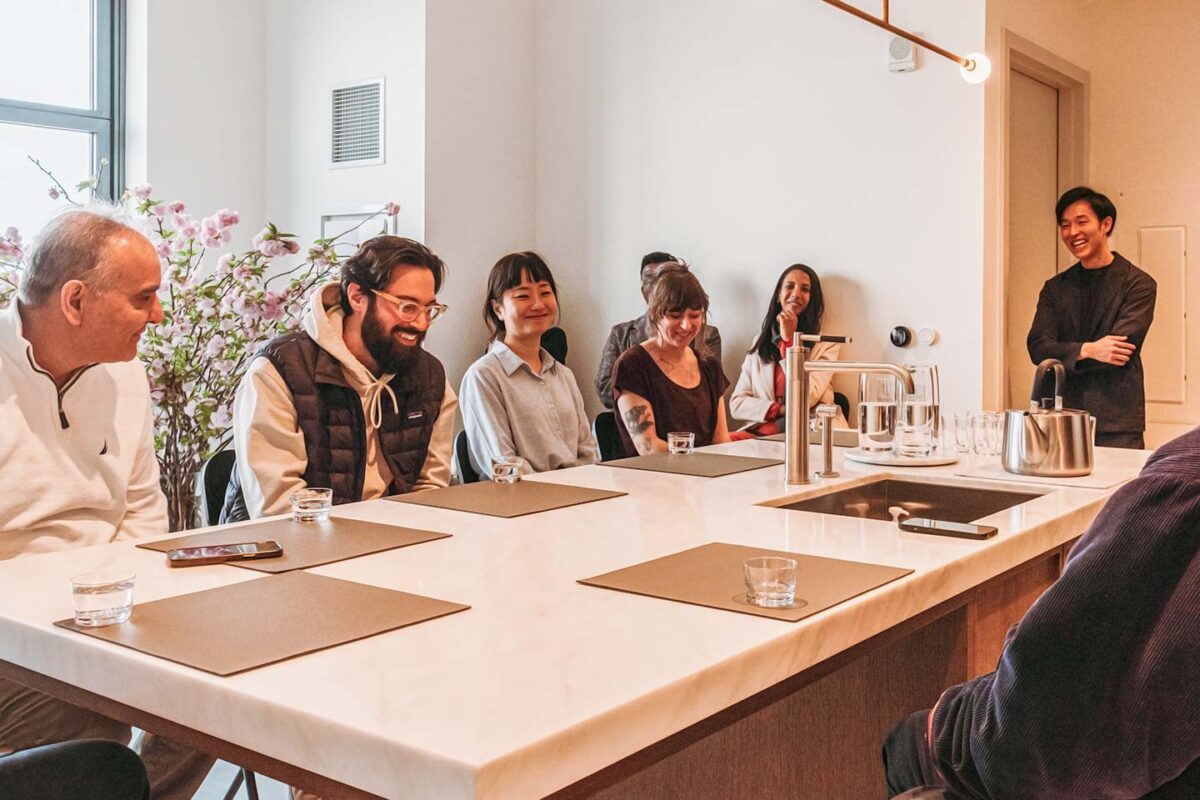
As a culmination of these efforts and more, the launch event for the New York Office was held at the end of March. During the festivities, Hagimori was given a letter from a large-scale roaster. Within it, the roaster expressed their feelings of gratitude, saying “We really appreciated the courtesy of your interactions with us.” Even now, Rachel, the US-based community manager who has been passed the torch of building roaster relationships, says she often hears, “We didn’t talk about coffee with Mr. Hagimori at all, but he came to see us many times. He’s a really good guy,” from the roasters she’s communicating with.
“I think they understood I was visiting them with the pure intentions of wanting to know more about them as humans; what they liked and didn’t like, their ambitions, you know stuff like that. Maybe I was able to convey that I wanted to make the world a better place together.
Perhaps if I was fully proficient in English and had worked in the coffee industry for a long time, I’d never have considered the possibility of visiting 100 roasters. Of course, I could’ve focused on visiting the ‘Top 10’ roasters to start, but I feel like that limiting attitude would leak into other aspects of my job well. One of TYPICA’s principles is fostering the coffee community, so creating a division like that from the beginning didn’t sit right with me. That’s because no matter their scale or visibility, it’s possible for any roaster to participate in direct trade.”
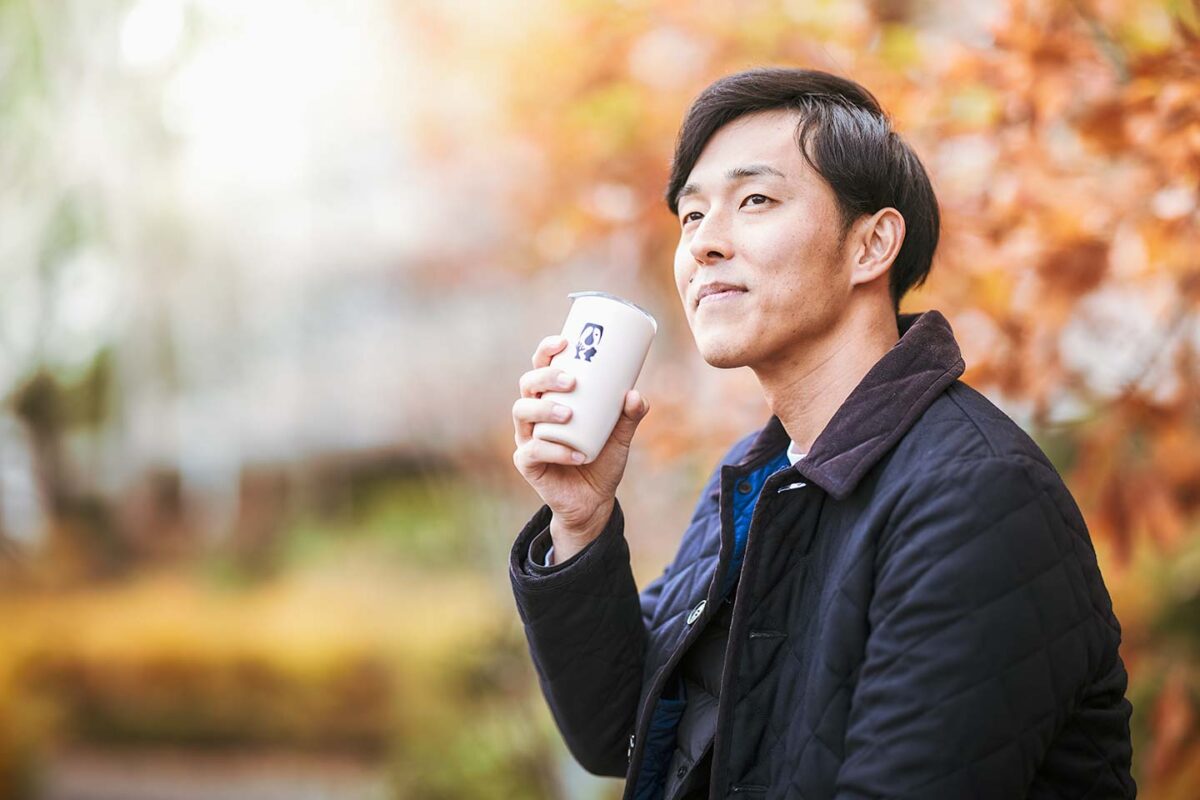
Learning about the refugee problem in college led Hagimori to intern with Human Rights NGO, Human Rights Watch for a time. He learned that many people had been persecuted for promoting education for women in countries where they are oppressed or trying to advocate for freedom and equality. Learning the reality of the situation helped him to cast aside the label that “refugees are poor people who have been driven out by their country.” He couldn’t help but feel indignant that the potential of these individuals had been forcefully ripped away from them.
“In that way, it feels like my transition from Bizreach to TYPICA has kept me moving along the same path. The reason I decided to work in the human resources industry is because I didn’t want people to waste their potential by not knowing all the work options that were available to them. I chose TYPICA because I don’t think we should overlook the individuality of coffee that is being lost due to logistics and roasting. I feel like it’s my personal mission to ‘remove any barriers that close off possibility.’”












